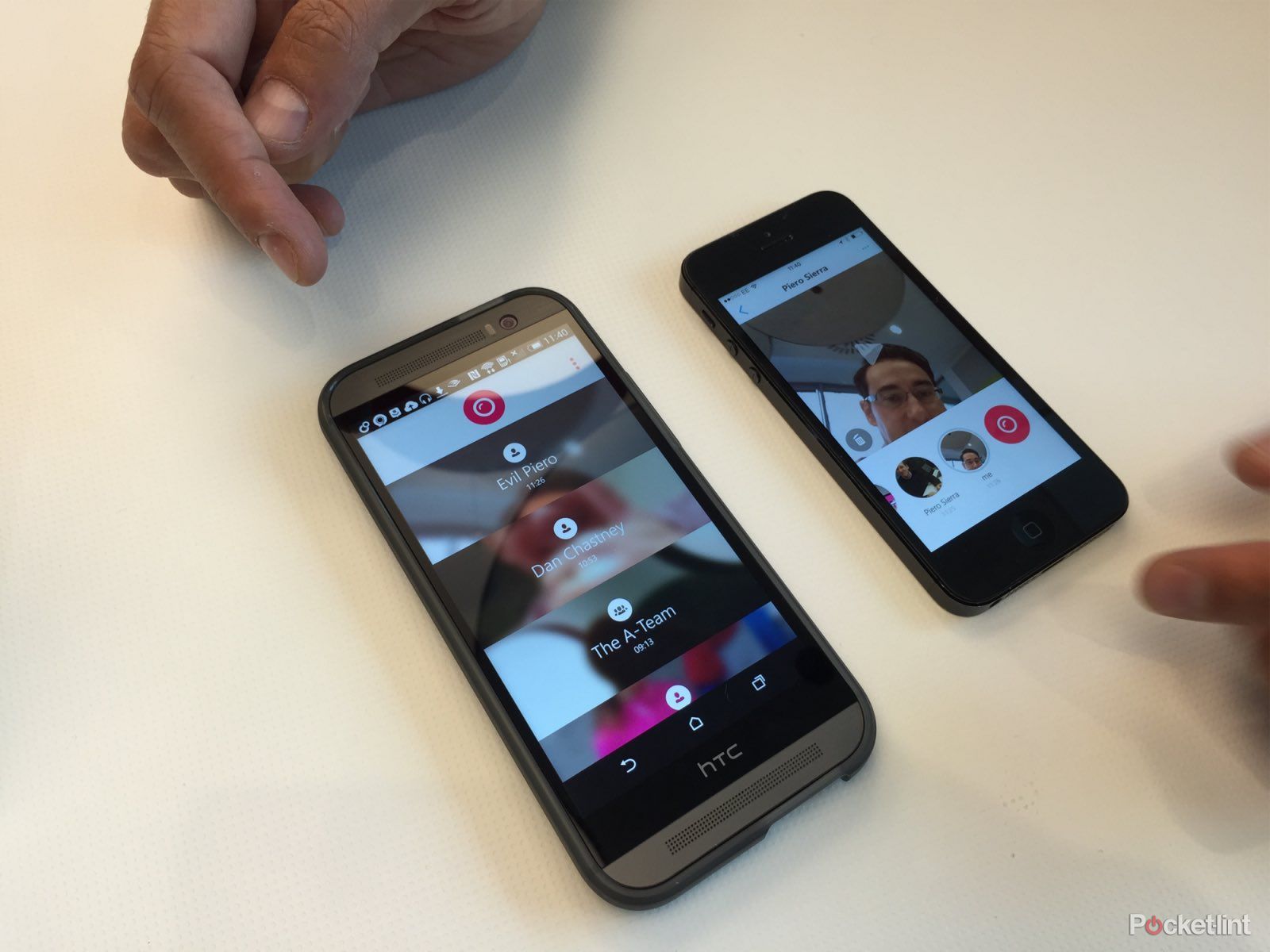Skype has announced a new messaging app: Skype Qik.
The move, clearly a response to the popularity of apps like Whatsapp and Snapchat, will be a standalone app that will allow users to send short video messages up to 42 seconds long to each other via their smartphone.
"Young people expect light, fast, and always on communication systems," Piero Sierra, Director of Product Management from Skype explains to Pocket-lint ahead of the official unveiling.
That urge to create something light, and fast, has pushed the company to ditch text-based SMS communications and the need for logins and passwords - something its main product - Skype, is famous for.
The app is only for mobile, only works with a single device (paired to your SIM number), and only lets you record video messages rather than writing them.
"The way people communicate has changed," stresses Sierra to Pocket-lint on the company's bold move.
Skype's response to that shift in the way we communicate is a simple, lightweight video messaging app that you can have up and running in seconds and then instantly let's you record quick videos and then send them to friends and family already in your address book.
Those videos, which are supposed to be spare of the moment clips with people you like and trust, can't be exported out of the app, and are automatically deleted after two weeks.
"This isn't the birth of your child stuff," adds Sierra. "This is for the millions of people who are already using Skype, but rather than long, appointment based video calls, want something quick when they are on the go."
That throw-away culture runs through the apps playful UI, it's square videos (it helps them encode the video into smaller files without having to worry too much about the screen size of the device you are viewing it on), or the play on Douglas Adam's answer to life, meaning, and everything.
Talking candidly for around 45 minutes while we where demoed the new app, it is clear that Sierra has a huge challenge on his hands when it comes to proving that Skype can exist in the fast-paced world of messaging apps where even one that merely lets you send a "Yo" can gain traction.
Skype's biggest problem it seems is both its success and failure.
One of the first company's to get the idea of voice and video calling over the web to save on the high cost of international calls, Skype admits its users make long video calls, but haven't really embraced quick messaging.
Instead, it's allowed other players like Whatsapp (sold to Facebook for $19bn), BlackBerry's BBM, Line, Facebook, Apple's iMessage, and others, come in and steal the instant messaging market from underneath it.
Skype's main app is seen by many as bloated, slow, and heavy on resources, and while the new app does nothing to change those feeling, Skype is hoping that the new Qik experience is very much the opposite.
Realising a shift towards mobile (who isn't), the company is hoping Qik will be the answer, but rather than just offer yet another messaging app, it is hoping video will be the key to its success, helping it stand out in such a crowded market and appeal to a younger audience.
"Younger people are happier to share video with each other."
But with video comes puzzles to solve, something Sierra seems all to aware of.
There's the speed in which to film and share - in both cases virtually instantly. Video messages are on average around 2MB, and there is no preview options or button buttons to press first to get started. To save you hoarding dozens of videos only the last 8 are automatically shown, while you can delete a video on your phone and the person you've sent it to if you've changed your mind.
Realising that kids secretly message when they aren't supposed to and video messaging is a bit hard to do surreptitiously, Sierra's team has made sure the app will come with the ability to pre-record responses - probably best seen as visual emoji - that you can use to response with when you aren't able to record you own.
Watching Sierra demo the app and how it has now become second nature for him and his wife and their friends to chat rather than send text messages, it is clear that it won't be for everyone, but for those with young children keen to share those magical moments, or kids who can't be bothered to type, the app is different enough, light enough, and easy enough to appeal.
The real test however is whether it has the sticking power to be used, or whether it just becomes yet another messaging wannabe that is quickly forgotten.

